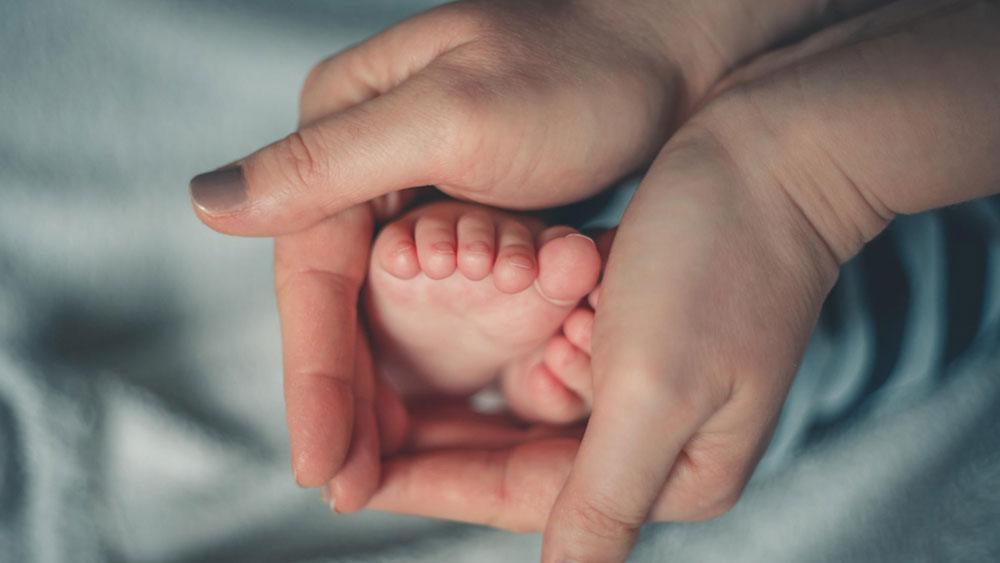Well, it depends on various parameters. No one can guarantee whether you are capable of a second IVF treatment on the first go. But remember, your IVF doctor is there to guide and support you. If you are planning to visit a clinic, know these things beforehand. Welcome to this post, where you will understand everything clearly.
How Many Times Can You Try IVF?
As mentioned, the chances of success after a single IVF cycle are not guaranteed. Many couples do not conceive on the first attempt, and that is completely normal. Fertility specialists have found that success rates typically rise with each cycle, at least for the first few rounds. For younger women, particularly those under 35, studies suggest that up to six cycles might give them the best odds.
What are the risks of doing IVF multiple times?
- Emotional exhaustion
- Financial pressure
- Hormonal impact
- Ovarian hyperstimulation syndrome
- Ectopic pregnancies
- Carrying multiples
Why do some people stop after two or three cycles?
Success does not always increase with a greater number of attempts. The first or second cycle for some offers is critical. Maybe it reveals how your body responds to medications. Maybe the embryo quality isn’t what was expected. Or maybe the endometrium, the uterus lining, was not ready. Whatever it is, a good IVF Doctor will use that information to adjust the plan, not blindly repeat it.
What May Affect Your IVF Limit?
Age
This is the big one. Fertility declines with age, and so do the odds of success. The difference between starting IVF at 30 versus 42 is significant in the number of cycles your doctor might suggest.
General health
Fertility diagnosis
Emotional bandwidth
Finances
Support from your IVF Doctor
What If IVF Does Not Work for You?
- Embryo genetic testing (PGT) to screen for abnormalities before transfer
- Switching to donor eggs or donor sperm
- Using a gestational carrier if the uterus is not receptive
- Adoption, domestic or international
- Embryo donation
- Fertility counselling to process the next steps
Final thoughts
There’s no single answer to how many times you can go through IVF treatment. But what matters most is finding your answer. With the right IVF Doctor, an honest look at your circumstances, and a clear understanding of the Process of IVF, you’ll know when to keep going.


